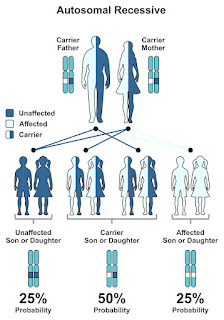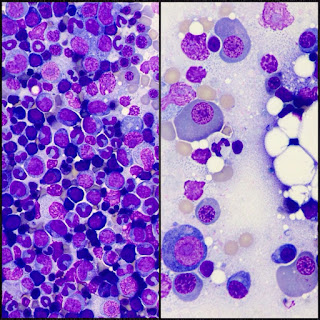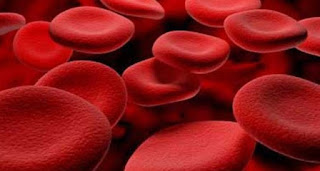Essential Thrombocythemia: Symptoms, Causes, and More

mosaic xxy syndrome :: Article Creator Klinefelter Syndrome (XXY Syndrome) Klinefelter syndrome is a genetic condition in which a boy is born with an extra X chromosome. Instead of the typical XY chromosomes in men, they have XXY, so this condition is sometimes called XXY syndrome. Men with Klinefelter usually don't know they have it until they run into problems trying to have a child. There's no cure, but it can be treated. You get the extra X chromosome by chance. Either the egg or the sperm that came together to create you had an extra X chromosome. Older women have a slightly higher chance of having a boy with XXY syndrome, but the chance is small. Men with Klinefelter may have: An extra X chromosome in every cell, which is the most common An extra X chromosome in only some cells, called mosaic Klinefelter, in which you don't have as many symptoms More than one extra X chromosome, which is very rare and more severe



